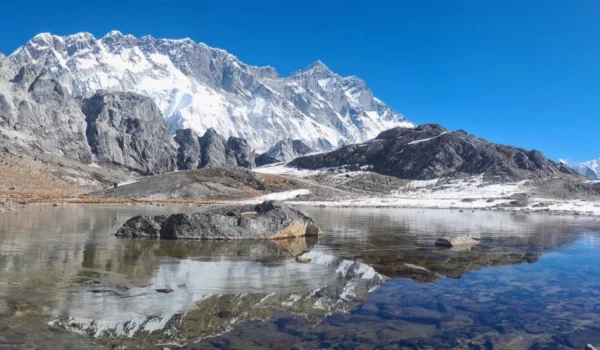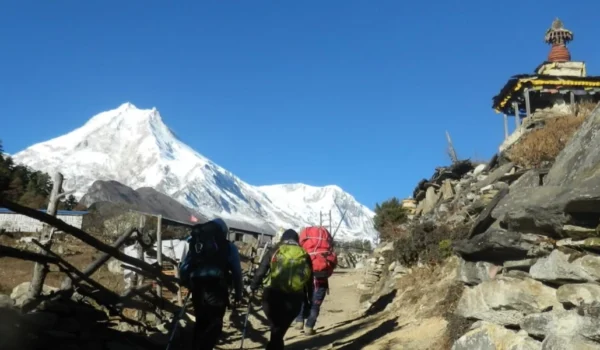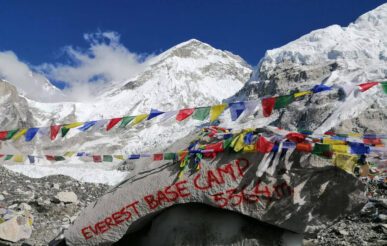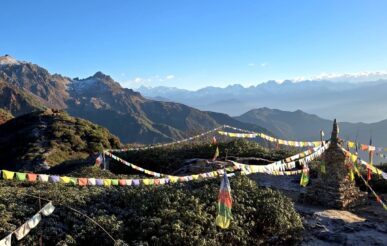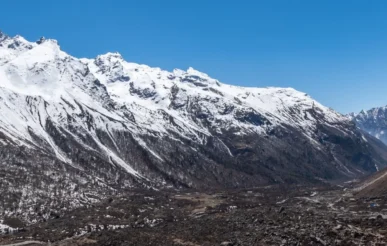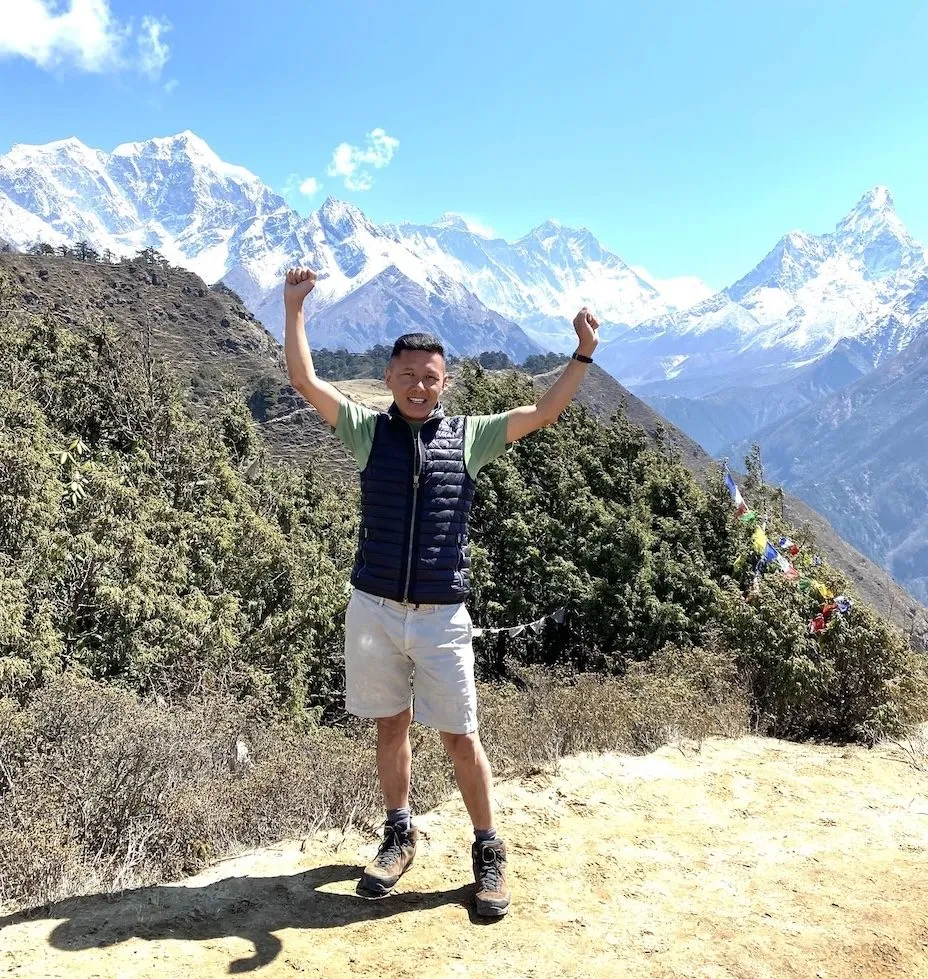6000M – 7000m Best Boots for Peak Climbing in Nepal
Which are the best boots for peak climbing in Nepal Himalayas? A question that every climber has before flying to Nepal. While there are numerous high-altitude boots on the market, it is vital to determine whether the boot you plan to purchase will serve you well and keep your feet warm.
Check out our recommended peak climbing boots in Nepal, with expert tips and information on what to look for when purchasing a climbing boot for peak climbing in Nepal.
Peak climbing in Nepal is usually up to 6,476m (the highest peak), and higher than this will require a proper climbing boots. On peak climbing trips in Nepal, you will be wearing your climbing boots for a day or three (in the case of Mera Peak), but these days are important in your overall trip, and the temperature will drop pretty low in higher altitude (as low as minus 25 degrees Celsius), so it is important to make sure that the boot is fit for your activity, warm and comfortable.
A mountaineering boots, such as the La Sportiva, Scarpa 8000, or Millet Everest Summit GTX, is required for anything higher than trekking peaks. Some boots to consider for peak climbing expeditions in Nepal like Island Peak, Mera Peak, Larke Peak, Dhampus Peak.
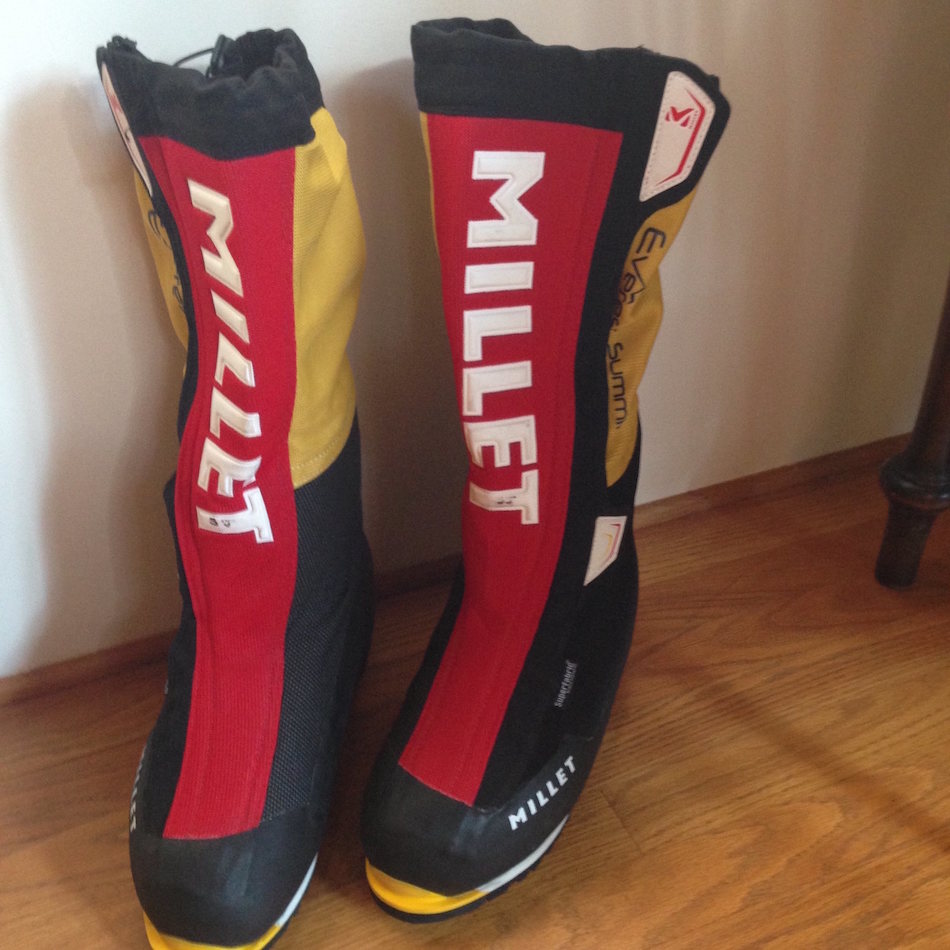
Things to consider before buying climbing boots:
Do research
Always read and follow the manufacturer’s instructions and warnings for use and maintenance. Ask with your friends or anyone in your social circle if they have used the boots you plan to buy. Do research on the boot’s pro’s and cons.
Buy or Rent
If you want to continue climbing in the future, purchasing a pair of climbing boots may be a worthwhile investment; but, if this is your first and final time, renting a boot may be a better alternative. After you arrive in Kathmandu, you can rent boots at trekking/climbing shops in Thamel.
We strongly recommend that you rent a boot from Kathmandu after ensuring that it fits properly, rather than hiring a boot from a teahouse/lodge on the walk, as they may not be the good size for you and may be of poor quality.
While packing the boots from Kathmandu adds weight to your duffel bag, it is considerably more valuable than hoping for the best at the last minute.
Crampons Compatibility
Peak climbing in Nepal will require the use of climbing gear such as crampons, harness, ice axe. Crampons assist you in walking safely on snow and ice during peak climbing.
Crampons come in a variety of styles (Automatic Crampons/Step in Crampons, Semi-Automatic Crampons, and Strap on Crampons).
When buying a crampon, consider the materials, front point type, points, and binding. All of the boots listed below are compatible with the automatic/step in crampons.
Shells Materials
The shell is the outer layer of the boot. It also serves as your first line of defense. The three most commonly used shell materials in boots are synthetic, plastic, and leather.
While the plastic boots are definitely dryer and more stable, they are also heavier and consume more energy. Synthetic boots are lighter, tighten down tighter, and provide the fair flexibility of a hybrid with the shell-like security of plastic.
Stiffness
The activity for which the boot is designed is determined by the stiffness of the boots.
Rigid boots, such as plastic boots, are mostly used for technical ice climbing because the entire body weight is supported by two front points. Semi-rigid boots have a higher level of comfort than rigid boots.
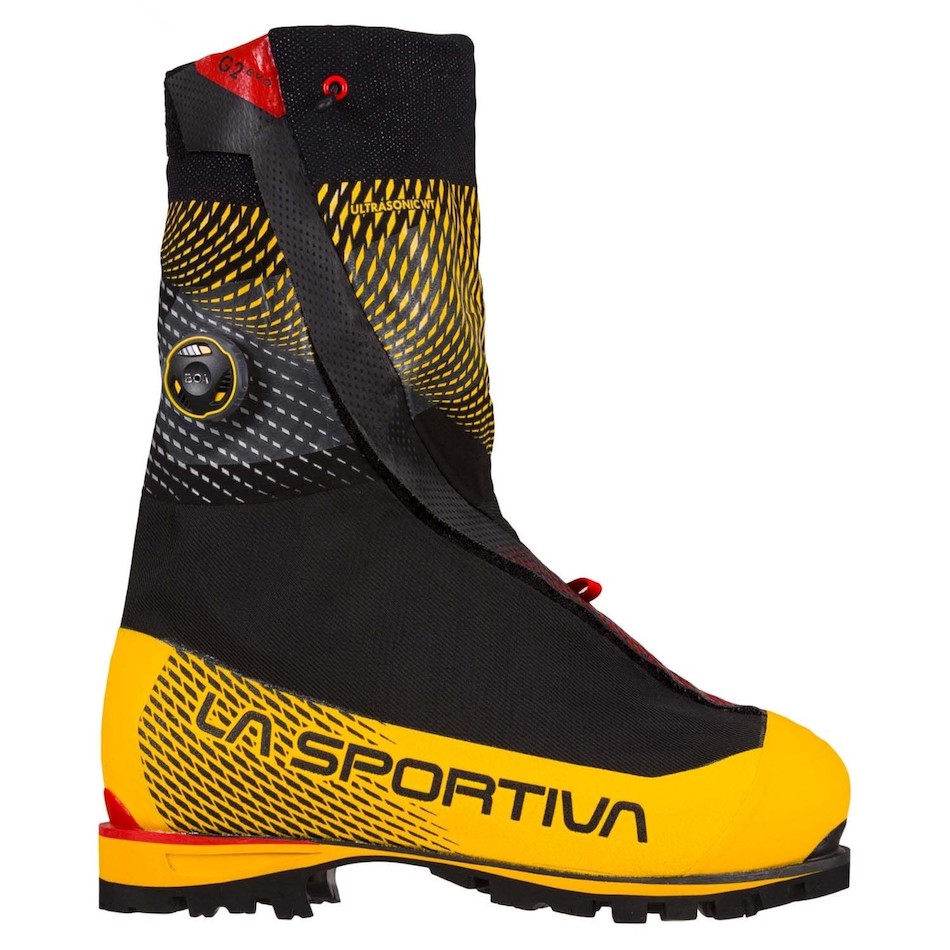
6000M – 7000m Best Boots for Peak Climbing in Nepal
1. La Sportiva G2 SM: The G2 SM is a lightweight double boots designed for the world’s most difficult peaks in collaboration with renowned Italian alpinist Simone Moro.
The dual Boa closure systems provide a responsive fit and ease of use with gloves, while the double boot construction maximizes warmth. The La Sportiva G2 SM is also ideal for 7000m expeditions.
2. La Sportiva Spantik: The Spantik is a double boot made specifically for cold, high-altitude environments. This crampon-compatible step-in boot works well on steep terrain while remaining walkable. The thermo-moulded inner boots and one-handed closure system provide insulation and ease of lacing.
3. La Sportiva G5: The G5 is a high-tech big mountain boot designed for cutting-edge lines. This synthetic, weatherproof boot’s Boa lacing system ensures maximum fit and performance, while the ankle flex zone helps in movement in rough terrain. The external Cordura® gaiters and internal water-resistant membrane keep your feet dry in wet weather.
5. Scarpa Phantom 6000: The Phantom 6000 is a double-layered boot designed for alpinism in cold weather or climbing 6000m peaks.
The Phantom 6000 is warm, durable, and lightweight, making it ideal for climbing 6000m Himalayan peaks. The outer shell is made of a combination of high tenacity KCN-Tech nylon and the aptly called Super Fabric for superior abrasion resistance against crampon wear.
6. La Sportiva Nepal Cube GTX: The Nepal Cube GTX is the latest in mixed terrain climbing boots, featuring a unique 3D FlexTM ankle construction and a super warm Carbon-Tech honeycomb insole. This lightweight, technical single boot is ideal for cold-weather climbs on variable terrain.
7. La Sportiva Baruntse: A sturdy, durable double boot for high altitude mountain climbing. Ideal for use on 6000-7000m peaks or icy winter weather conditions when you don’t want to think about your feet.
Conclusion
This is not a sponsored post or a post aimed at a specific brand for any reason.
All of the boots mentioned in this article are ones that we see both guides and clients wearing on a regular basis in Nepal’s mountains. If you have any questions? Please feel free to contact us.

